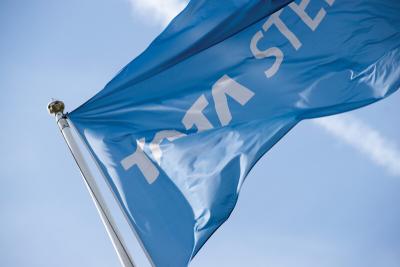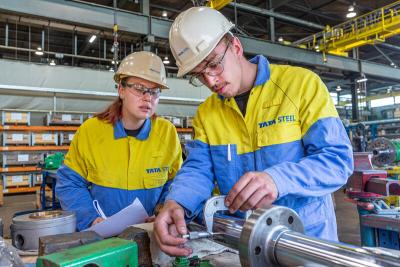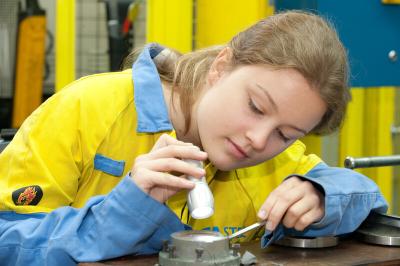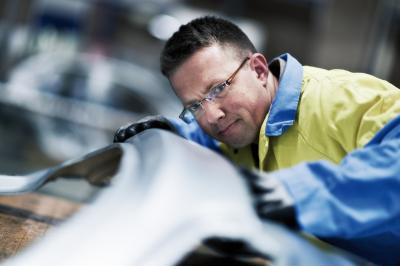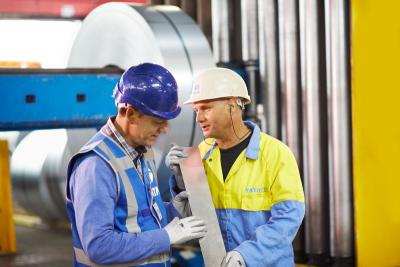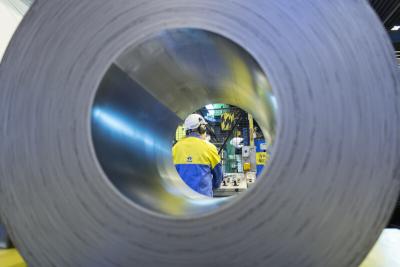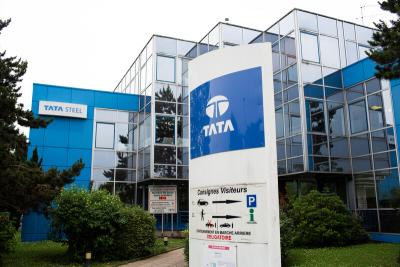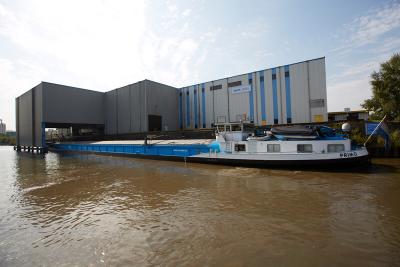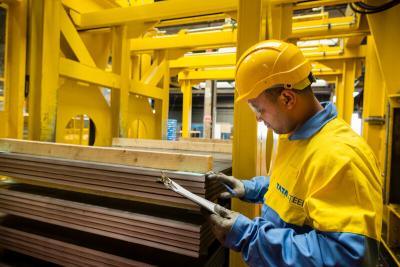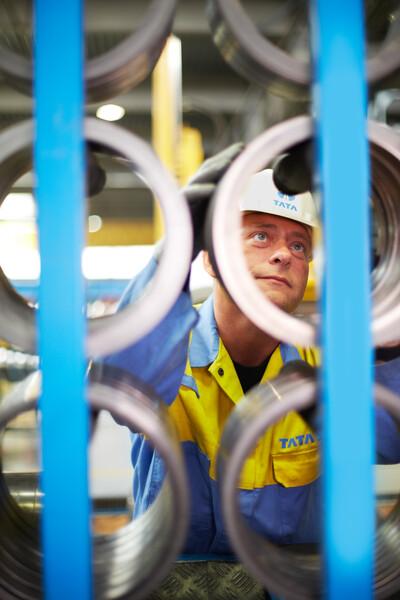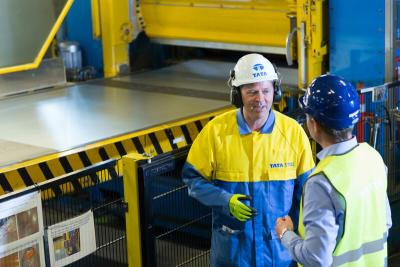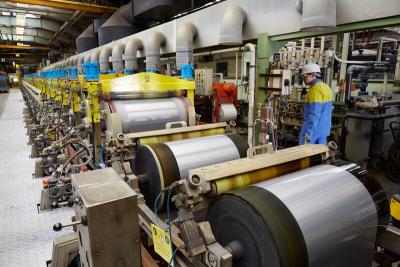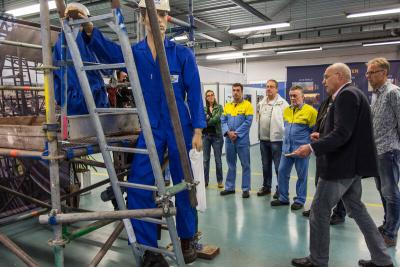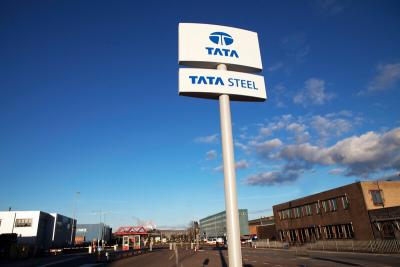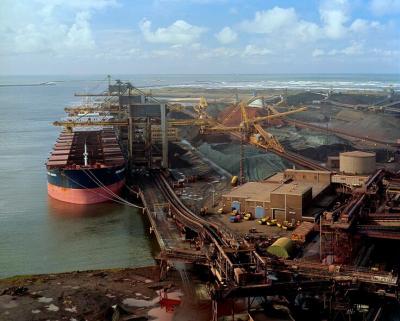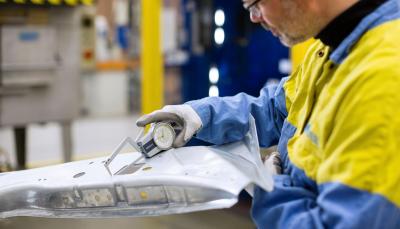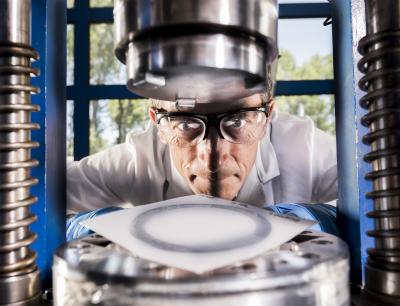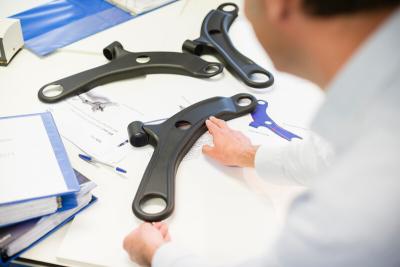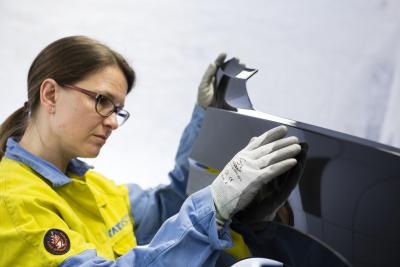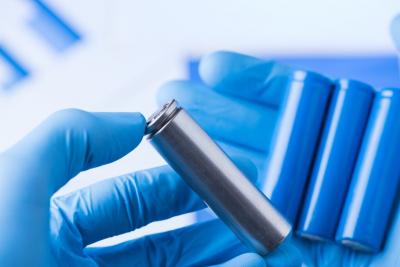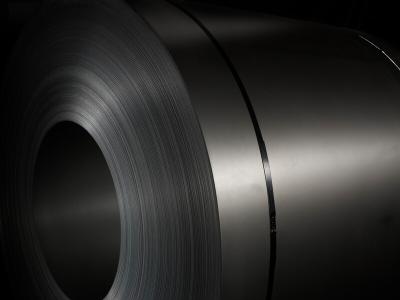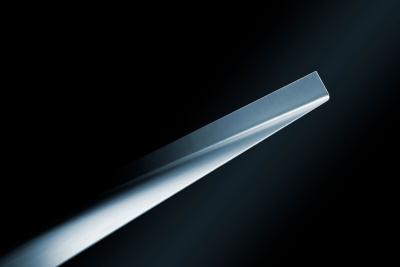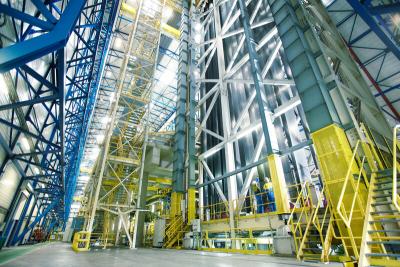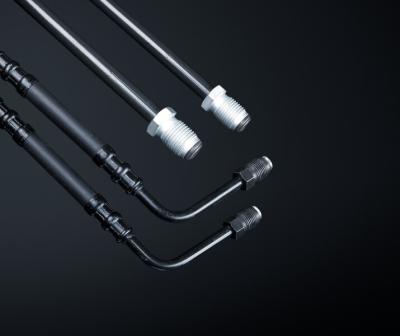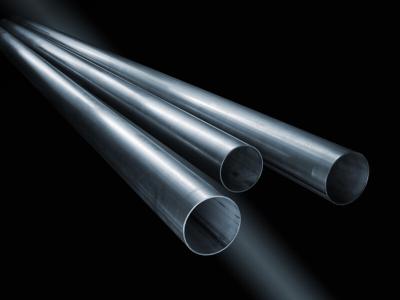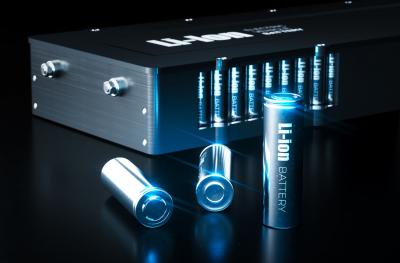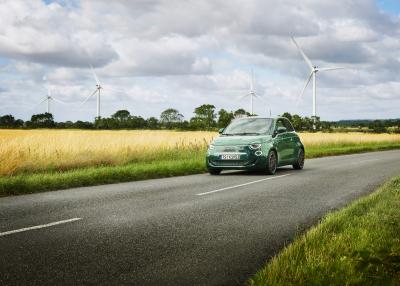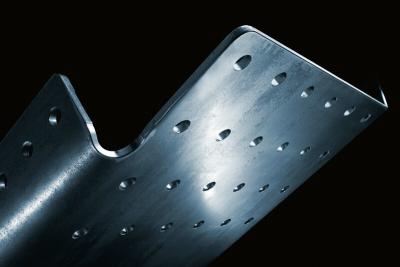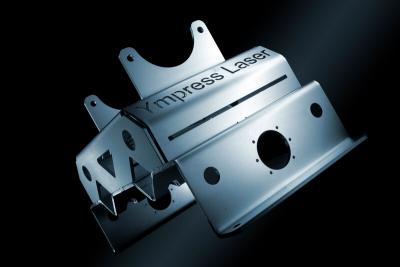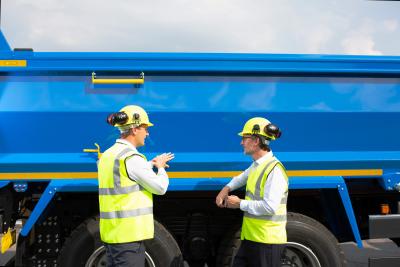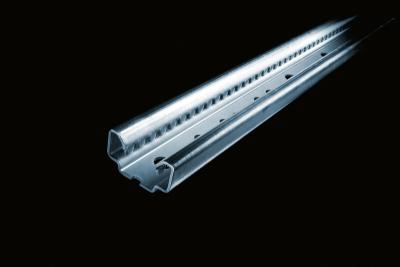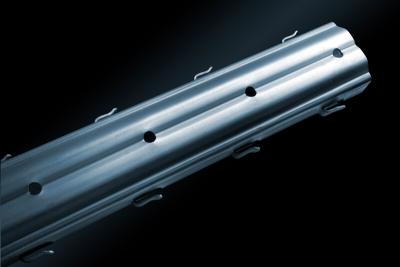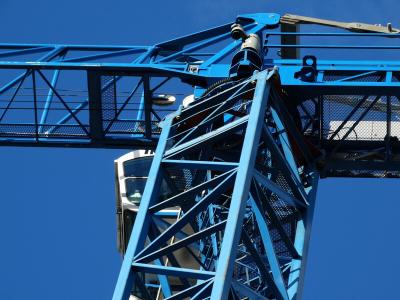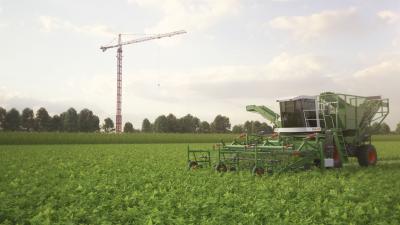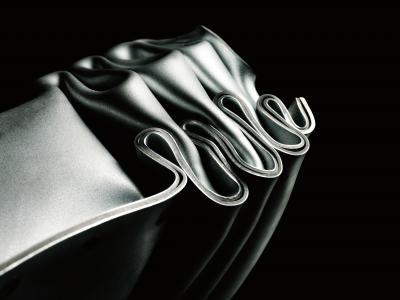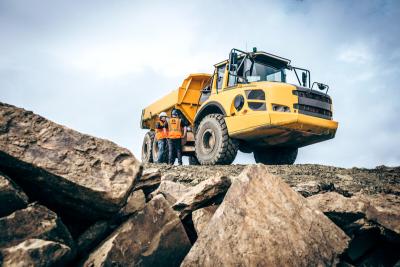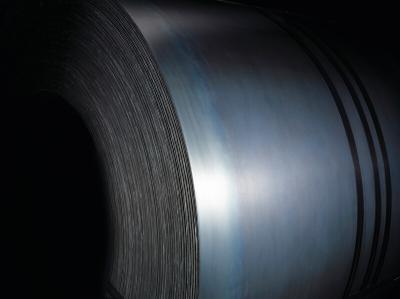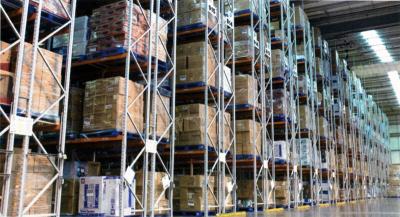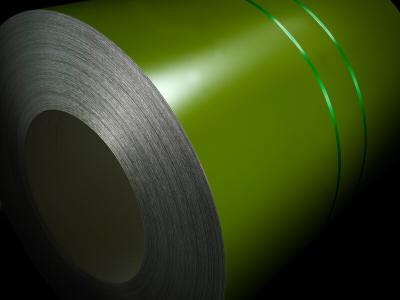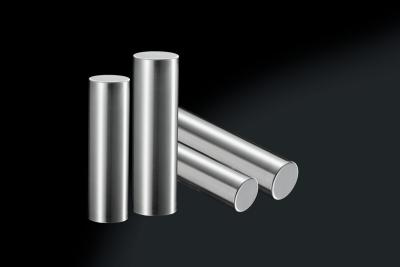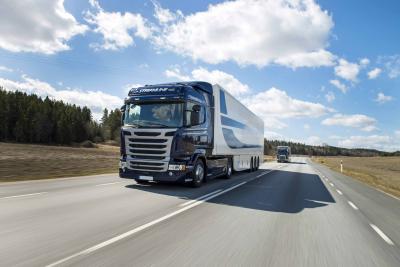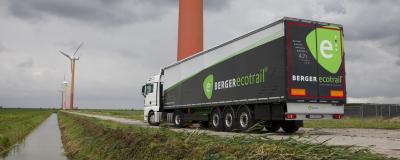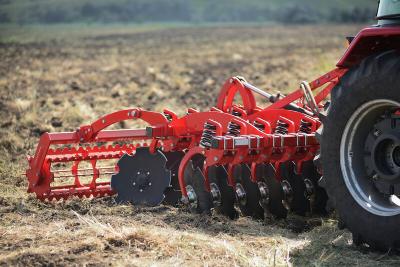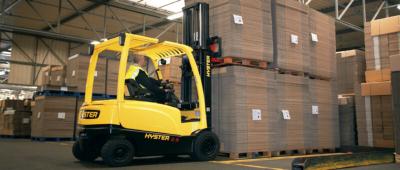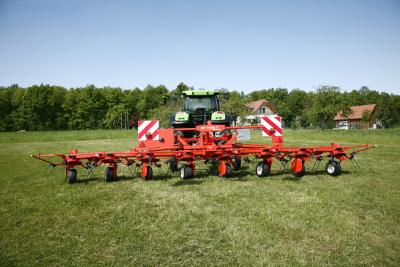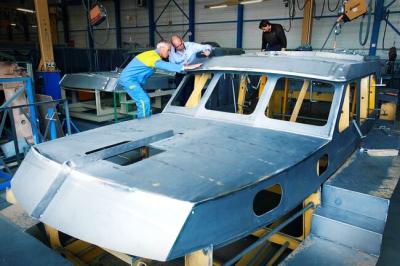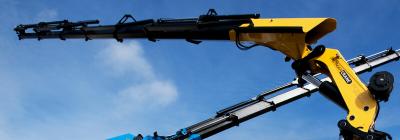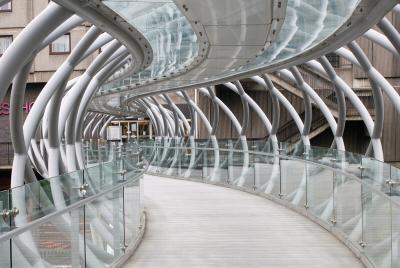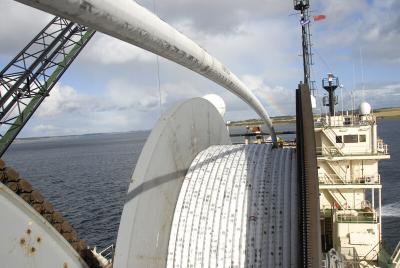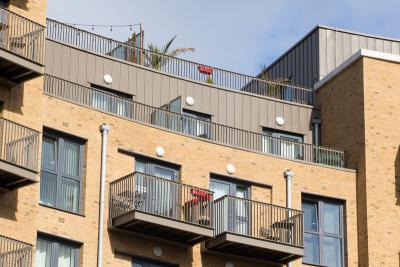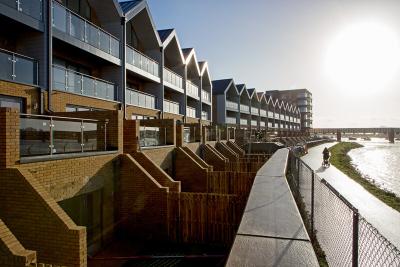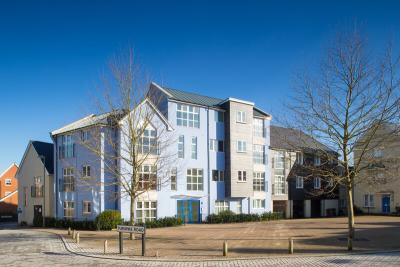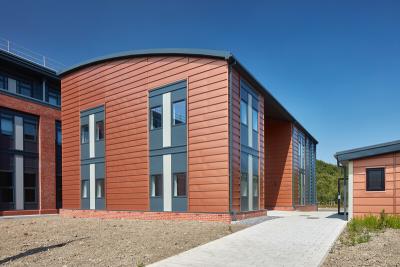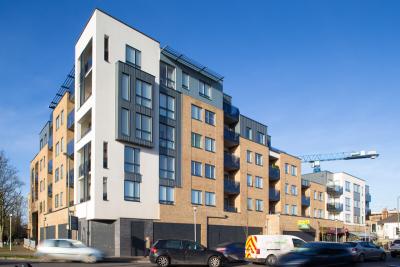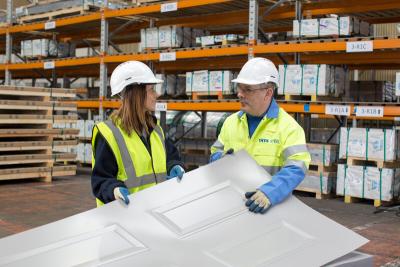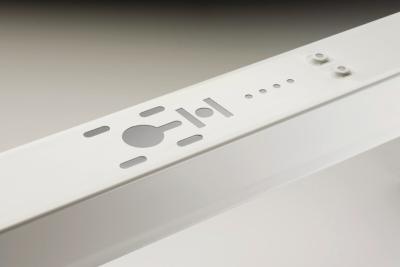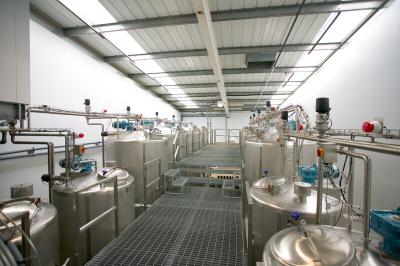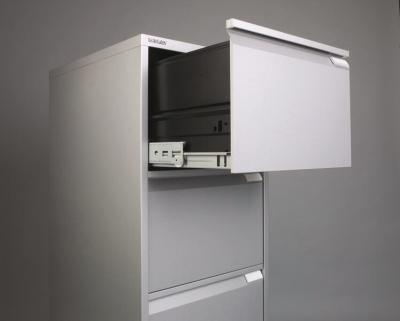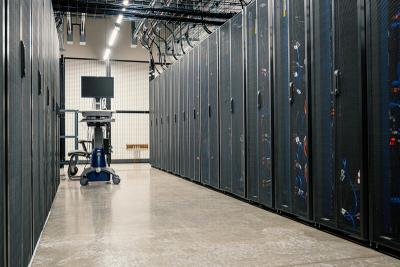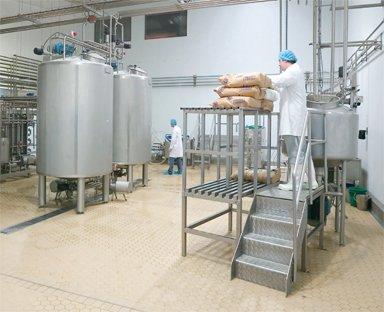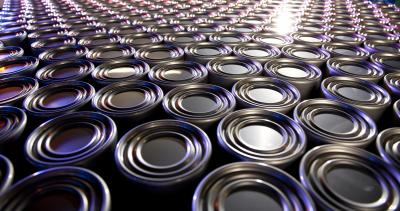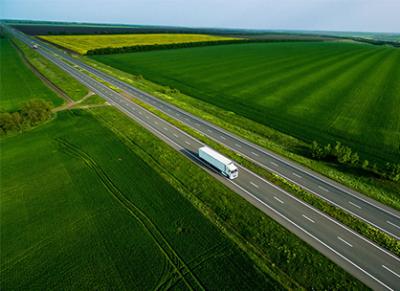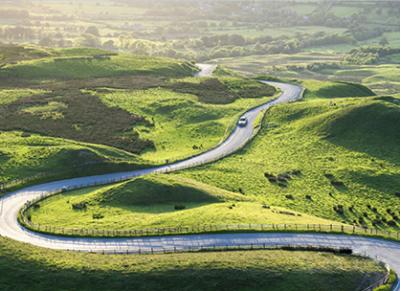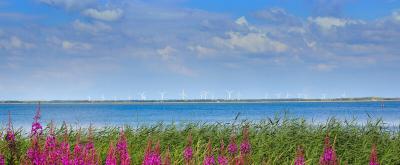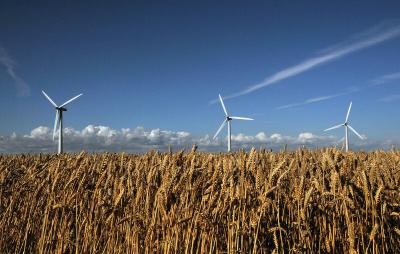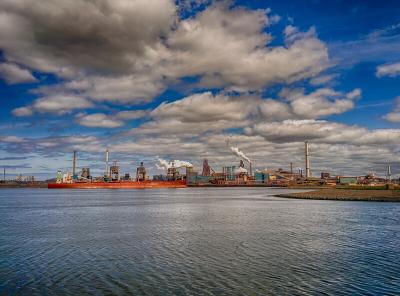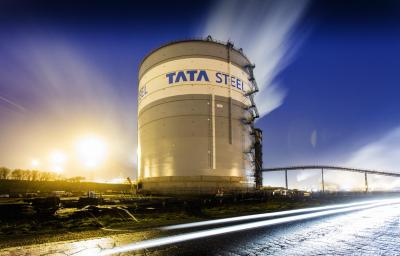Tata Steel has set out a bold plan to transform its UK business into a world-leading centre for green steelmaking.
The £1.25 billion investment in state-of-the-art electric arc furnace steel making and upgrades to the Port Talbot site will transform the industry and underpin the manufacturing sector for decades to come.
Latest news
- 7673624 Jul 2024Corporate NewsEAF: Public consultation starts
Tata Steel UK launches public consultation on proposed Electric Arc Furnace at its Port Talbot steelworks
- 767264 Jul 2024Corporate NewsLast cast on Continuous Caster 2
Steelworkers in Port Talbot gathered last week to witness the last steel slabs being cast on Continuous Ca
-
- 7668112 Jul 2024Corporate NewsNew Secretary of State chairs Transition Board
New Welsh Secretary Jo Stevens MP has asked for an urgent action plan to support the workforce and the sup
-
- 766065 Jul 2024Corporate NewsNew government must deliver competitive electricity prices
Analysis from UK Steel says that electricity costs for UK steelmakers are over double that for French and
-
How Tata Steel will create a high-tech, green future in the UK
Tata Steel is investing £1.25 billion, jointly with the UK Government, in state-of-the-art electric arc furnace steelmaking at Port Talbot.
This transformative project will cut the CO2 emitted at Port Talbot by almost 90% - that’s equivalent to 1.5% of the UK’s total direct CO2 emissions.
EN-Corporate-Sustainability-Infographic-EAF steelmaking and circular economy
Infographic- EAF steelmaking and the circular economy
EN-Corporate-Sustainability-Infographic-How EAF steelmaking works
How EAF steelmaking works-Infographic
EN-Corporate-Sustainability-Infographic-Tata Steel UK £1.25bn investments
Tata Steel UK £1.25bn investments-Infographic
Tata Steel’s UK communications team speak to the leaders and workers of Tata Steel sites across the UK. Join us as we discuss current climates and what they mean for the UK steel industry.

These short, narrated videos simply explain frequently asked questions about Tata Steel UK’s transition to green steel making.
They cover a range of topics including:
- Steel sovereignty
- Steel making capabilities
- Government funding
- Company finances
- Decarbonisation
- Restructuring of UK business
Find the full, detailed answers below.
Frequently asked questions
How does electric arc furnace technology work?
A: Electric arc furnaces use high-current electricity to melt predominantly scrap steel.
The current iron and steel making processes at Port Talbot largely use iron ore, coal and other carbon-intensive fuels.
Using electric arc furnace technology, Tata Steel could reduce carbon emissions from its Port Talbot site by 5 million tonnes a year by 2030 – equivalent to the carbon footprint of almost 2 million homes in the UK (almost one in ten of all homes in England and Wales).
What is happening to your other sites in the UK? Could there be changes there too?
A: We have good downstream and distribution capability at other sites across the UK, processing and distributing products for carmakers, construction companies, packaging and engineering companies.
We operate an extensive network of downstream production assets to meet the specific needs of our many customers in the UK and internationally. While the steelmaking process would change under the proposals we’ve announced, the output of the business will continue to flex to meet the prevailing needs of the market
Is steel made from EAFs an equal replacement for ‘virgin’/ primary steel? Does the UK leave itself vulnerable by abandoning its ‘virgin’/ primary steel capacity?
A: When iron-making furnaces were first built in Port Talbot, they could be supplied with locally produced iron ore and coal. Making ‘virgin’/ primary steel in Port Talbot today means importing millions of tonnes of iron ore and coal from around the world to feed the blast furnaces. More than 90% of these raw materials are imported from a small number of suppliers in countries as far away as Japan, Brazil and Australia. In the coming years, the UK’s abundant supply of steel scrap and increasing levels of renewable electricity will be able to feed and power Tata Steel’s proposed electric arc furnace. This means our domestic self-sufficiency would increase – from just 10% of UK-sourced raw materials today to about three-quarters with an electric arc furnace, making our steel production more resilient to adverse global events and supply chain risks.The resilience and sovereignty of the overall UK steel industry would also be significantly enhanced through this transition. We plan to make good use of the country’s strong scrap supply resources, align with the country’s renewable energy ambitions and position ourselves at the forefront of the global supply of green steel from a globally-competitive UK industry. Tata Steel has also made clear that, with the right investment and policy environment, it is open to further investment, such as in a direct reduced iron (DRI) plant. We would look at the case for a potential DRI plant in the UK if the business conditions are right and, if in future, the Government supported further investment.
Why has Tata Steel chosen EAF technology over a DRI plant with the capability to produce ‘virgin’ steel from iron ore?
A: Our proposal to invest in an electric arc furnace (EAF) mirrors the successful installation of this low-carbon technology in other major steel-producing markets such as the United States, where emissions have been cut while guaranteeing production of complex, high-quality steel. More than 70% of steelmaking in the United States is now EAF-based. In Europe this figure is 40% and expected to rise sharply in the coming years as steelmakers make the switch from blast furnaces to electric arc furnaces. But our focus on EAF technology would not be the end of our decarbonisation transformation in the UK. In fact, the installation of an electric arc furnace should be seen as part of the future transformation of Port Talbot in which a DRI plant could be added, provided there was financial support available and the business conditions were right (e.g. having access to competitively-priced natural gas and then green hydrogen, which is not the case currently).
Could a direct reduced iron (DRI) plant could replace the jobs lost from Port Talbot’s heavy end?
A: DRI, or similar HBI (hot briquetted iron), plants around the world do not employ the same number of jobs as a steelworks’ heavy end. They typically employ around 200 people. For example, voestalpine created 190 jobs at this Texas plant which can produce 2 million tonnes of HBI by reducing iron ore. HBI, like DRI, is used in electric arc furnaces.
Why did you choose electric arc furnace technology over hydrogen or carbon capture?
A: We chose EAF technology for this proposal for a number of reasons. Firstly, the UK exports more steel scrap metal than every other country around the world, apart from the United States. We export 8 million tonnes a year, often to countries with lower environmental standards. So we have a plentiful and reliable supply of steel scrap here in the UK for EAF technology and it makes more sense to re-make it into new steel products here for British and other manufacturers.
Secondly, EAF technology is an incredibly well established and proven way of making high-quality steel. Steelmakers in the world’s largest economy, the United States, have invested heavily in new EAF steelmaking technology in recent years, and we’ve seen first-hand the dramatic developments they’ve made to enable them to produce some of the highest-quality steel grades for customers.
Thirdly, many of our existing ‘heavy end’ plants – such as coke ovens and blast furnaces – have reached or are reaching the end of their operational lifespans. Further investment in traditional blast furnaces is not financially or environmentally viable due to the increasing environmental and carbon costs. Additionally, investment cycles for new heavy end plants are typically more than 20 years, which means if we were to invest in new coke ovens or a blast furnace today, we would be committing to using coal to make steel beyond 2050. However, the UK government has made clear it wants to phase out the use of coal. More than any other technology, electric arc furnace technology is tried and tested, ready to fill the gap after our existing plants reach the end of their operations lives.
When will electric arc furnace technology be operational at Port Talbot and how much steel will it produce?
A: The agreement with UK Government is subject to the finalisation of terms, due diligence, requisite approvals, and employee consultations, all of which will be undertaken in the coming months. Following this, electric arc furnace steelmaking would be operational at Port Talbot within 36 months of the receipt of relevant regulatory and planning approvals. The capacity of the new electric arc furnace would be 3.2 million tonnes, similar to the output from the Port Talbot steelworks today.
Is EAF-produced steel a lower quality than blast furnace-produced steel? Won’t this mean that Tata Steel UK will not be able to make the same products for customers?
A: EAF technology can already make 90% of the grades of steel which blast furnaces can. Adding an iron source to the scrap in the EAF – i.e. direct reduced iron, hot briquetted iron or pig iron – would enable us to manufacture the most demanding steel products for customers. The United States has arguably led the way in developing ways to produce more complex grades of steels using EAFs so they can be used in some of the most demanding end uses, including in the automotive industry. Automotive and packaging companies are already buying flat steel products made in electric arc furnaces. As part of Tata Steel’s investment in the UK, we are looking to establish two new Centres for Innovation at the University of Manchester and Imperial College London. Working with world-leading academia, this multi-million pound investment will help us develop advanced materials for our customers. It would also complement R&D we are already doing at the University of Warwick and Swansea University. With additional R&D, supply chain collaboration, and development of the UK’s scrap supply chain we firmly believe we’ll be able to supply the full order book by the time our proposed electric arc furnace comes onstream.
Is the Government' funding jobs cuts at Port Talbot?
A: The Government funding is helping to secure 5,000 jobs at Tata Steel in the UK. We want to build a business here in the UK which is both environmentally and financially sustainable. In order to do that, we need to address two key issues: our significant financial losses and the fact we are the country’s largest CO₂ emitter. We need to restructure the business now to enable us to be able to invest, jointly with government, in a new electric arc furnace and upgrade other assets. No government would be able, or willing, to cover our financial losses. Instead, the UK Government plans to invest in green steelmaking technology at Port Talbot with money paid only as the project progresses. We won’t receive anything until we actually start building the proposed new electric arc furnace.
Could the company wait for a possible Labour government who would invest more via its £3 billion green steel fund?
A: It’s important to recognise that Tata Steel UK is losing more than £1 million a day, so there’s an urgent need to ensure the business is operationally and financially sustainable. Governments can support investment in new technology, but they are not allowed under state aid rules to cover steel companies’ financial losses. That means any financial losses have to be paid by Tata Steel, which is now unaffordable. Tata Steel has, though, made clear it is open to further investment in the future, such as through a direct reduced iron (DRI) plant, but we need to develop a settled EAF-based configuration first. We would look at the case for a potential DRI plant if the business conditions are right.
Tata Steel UK is reportedly losing £1 million a day. How can Tata Steel UK still be operating if it’s been making losses for so many years?
A: The directors of Tata Steel UK have a legal duty to prepare annual accounts which give a true and fair view of the assets, liabilities and financial position of the company. PWC, an independent auditor, then inspects our accounts, like they do with other companies, to ensure they're correct and comply with the law. Our financial accounts are available for anyone to see on the UK’s Companies House website. Our parent company, Tata Steel Limited, is publicly-listed in India with more than a million shareholders who effectively own it. It also publishes its financial results every three months, which include the UK business figures. Those accounts show that since 2007, Tata Steel UK has lost more than £4 billion after tax. The business has only been able to keep going because our parent company in India has provided the necessary financial support. Without continued parental support, Tata Steel UK would not be able to carry on trading. With ageing assets, the UK losses in 2023 got even worse. In the past three months, we lost almost £160 million (EBITDA) – about £1.7 million a day. That’s clearly not sustainable.
Tata Steel UK’s parent company, Tata Steel Limited, makes good profits. Why can’t they give more money to its UK business?
A: Tata Steel Limited, like any public company, is accountable to its shareholders who reasonably expect to receive a return on their investment. Tata Steel has been an incredibly patient investor in our UK business since it acquired Corus in 2007. It has invested £4.7 billion here in the UK, but has not earned either profits or received a single penny in dividends in return. It was also compelled to write off the entire amount of its investment in the UK business. Despite these losses and having to write off its investment in the UK, Tata Steel is still proposing to invest £750 million in electric arc furnace technology and asset upgrades to secure long-term, high-quality steel production in Port Talbot. It will also provide more than £150 million for a comprehensive support package for affected employees, community programmes, skills training and job-seeking initiatives, including through the Transition Board. Additionally, the company will continue to provide significant funding to cover expected cash losses for the UK business during the proposed transition.
Are jobs at Port Talbot being sacrificed in the pursuit of net-zero goals?
A: We want to build a business here in the UK which is both environmentally and financially sustainable. In order to do that, we need to address two key issues: our significant financial losses and the fact we are the country’s largest CO₂ emitter. The proposal to invest in electric arc furnace technology follows a comprehensive analysis into all the financial and technological options available for us. The transition mirrors the successful installation of EAFs in other major steel-producing markets such as the United States, where it has cut emissions whilst guaranteeing production of complex, high quality steel. On completion, the programme would transform the competitiveness of our UK business, secure most of our capability in terms of end products, whilst cutting our carbon emissions by about 85%. Consumers’ expectations are changing – they are demanding more sustainable products with a lower carbon footprint. Industry needs to change to meet those expectations. The demand for green steel is increasing while governments in advanced economies, like the UK and EU, are pushing industry to reduce emissions by increasing the cost of polluting. Currently, Tata Steel UK pays carbon costs of £70 - £80 million a year for operating its blast furnaces, with significantly higher costs expected over the coming years. It’s not an option to continue with the status quo and if we don’t act to dramatically reduce our CO₂ emissions, we will be out of business. It is true an EAF-based operation requires fewer people to run it because we would not need coke ovens, a sinter plant, blast furnaces or a steel plant. But operating an EAF would give us the opportunity to invest further in other assets in the future and for Port Talbot to be at the centre of a green hub which attracts other investments and new jobs – everything from building offshore wind turbines to making low-carbon jet fuel. We will continue to play a leading role in the creation of the Celtic Freeport to develop the huge investment and job opportunities which the transition to a green economy offers.
Isn’t it less environmentally friendly for Tata Steel to import steel during the transition period rather than making steel in the UK?
A: We would need to import steel substrates (slab and coil) for a temporary period of time while the electric arc furnace is being built, but we do not expect this to lead to higher carbon emissions. Many of these steel imports would come from our sister plants in India and the Netherlands. Our plants in India have similar CO2 footprints as Port Talbot and our Dutch plant is one of the top three most CO2 efficient steel plants in the world with 15% lower carbon emissions than Port Talbot. The environmental cost of shipping steel substrate will be less than shipping raw materials from around the world to Port Talbot – for every 1 million tonnes of steel slab or coil we import, we would save importing about 2.5 million tonnes of raw materials, as we currently do. The future model of using UK-sourced scrap in an EAF would also lead to a big drop in raw material imports.



